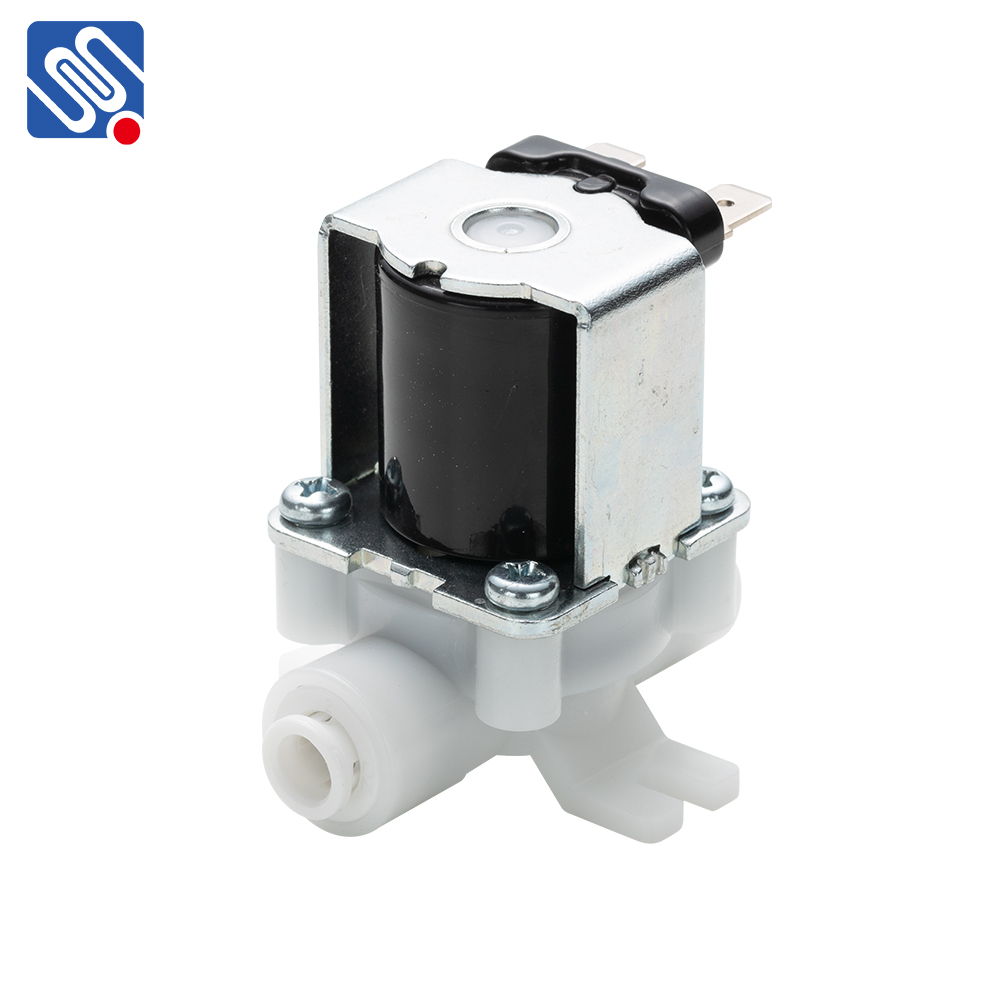food grade solenoid valve certification: ensuring safety and hygiene in food processing
Release time:2025-11-18 04:31:54
In the food and beverage industry, ensuring safety and hygiene is paramount. One crucial component that plays a vital role in maintaining these standards is the solenoid valve. These valves are widely used in various processes, such as controlling the flow of liquids and gases, including in the production of food and beverages. However, when it comes to food processing, the solenoid valves must meet specific safety and hygiene standards. This is where Food Grade Solenoid Valve Certification comes into play. This certification guarantees that the solenoid valves meet the highest standards of food safety and cleanliness, ensuring that food and beverages are not contaminated during processing.

Understanding Food Grade Solenoid Valve Certification
Food Grade Solenoid Valve Certification refers to a set of rigorous standards and regulations that solenoid valves must comply with to be used in food and beverage applications. These standards are designed to ensure that the materials used in the construction of the valve, as well as its design, do not introduce any contaminants into food products. The certification process verifies that the valve meets specific hygiene and safety requirements to safeguard public health.
The certification often involves testing the solenoid valve's materials, construction, performance, and compliance with international regulations. These include certifications from organizations such as the FDA (Food and Drug Administration), NSF (National Sanitation Foundation), and compliance with European regulations such as EC 1935/2004.


